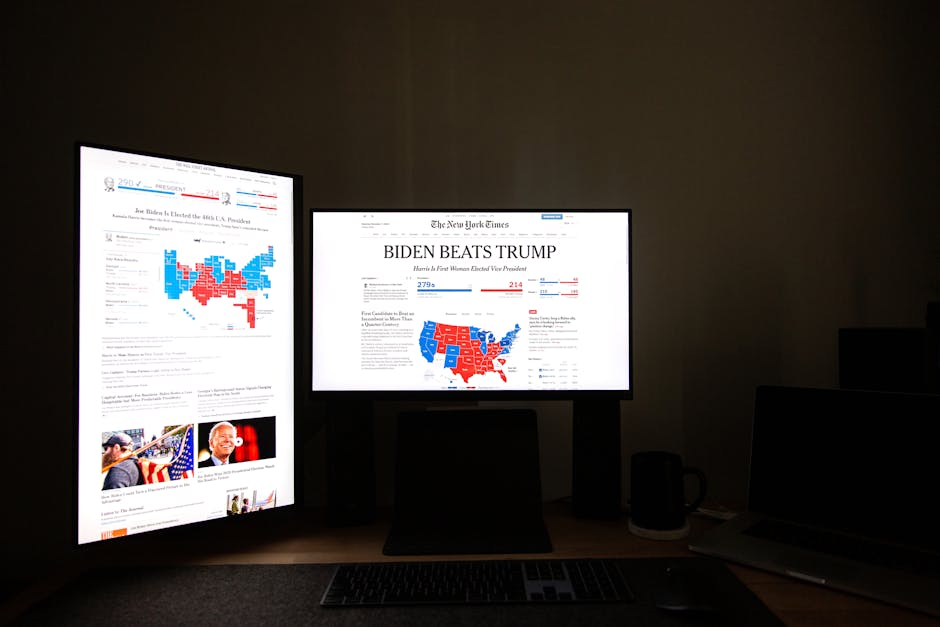In a move set to define the economic battleground for the UK’s upcoming general election, Shadow Chancellor Rachel Reeves has made a bold promise: a Labour government would create the conditions necessary for the Bank of England (BoE) to begin cutting interest rates, offering a lifeline to millions grappling with a relentless cost of living crisis.
This is a calculated strategy aimed at reassuring markets and voters that Labour can be trusted with the nation’s finances. Speaking at a major economic event, Reeves laid out a vision where fiscal discipline from the government would directly enable monetary easing from the central bank.
How Fiscal Stability Could Unlock Rate Cuts
At the heart of Reeves’s vow is a commitment to what she calls “iron-clad fiscal rules.” The logic is simple: a government that avoids inflationary spending and manages its debt responsibly removes a key pressure on rising prices. In this more stable environment, the Bank of England, which has an independent mandate to control inflation, would have the “economic space” and confidence to lower its base interest rate from the current 16-year high of 5.25%.
For the average UK household, this is a message of hope. High interest rates have translated into:
* Punishing mortgage renewals
* Expensive business and personal loans
* A significant brake on economic growth
By promising to “clear the way” for rate cuts, Reeves is directly addressing the wallet-fatigue felt across the country. She is essentially telling the BoE, “We will manage our side of the street, so you can manage yours.”
A Contrast with Conservative Economic Policy
This stance is a deliberate attempt to contrast Labour with the perceived economic turbulence of the current Conservative government. Reeves is seeking to draw a clear line between her plans and the disastrous “mini-budget” of 2022 under Liz Truss, which sent markets into a tailspin and forced the BoE to intervene with emergency measures.
By making this pledge, Reeves is positioning Labour not as a party of radical spending, but as the new custodian of economic stability in the UK.
The Challenge: Influencing an Independent Bank
Of course, the pledge comes with a significant caveat: the Bank of England is independent. A Prime Minister Starmer and Chancellor Reeves cannot simply order Governor Andrew Bailey to cut rates. Their power lies in creating an economic climate so conducive to low inflation that the Bank’s own models and forecasts point towards a cut as the logical next step.
Sceptics will argue that global factors, such as energy prices and supply chain disruptions, play a huge role in inflation that a government’s domestic policy cannot fully control. However, as the UK inches closer to an election, Reeves vows to clear way for BoE rate cuts with cost of living pledge has successfully framed the debate. It presents voters with a clear choice: a Conservative party defending its record versus a Labour party promising stability designed to unlock lower interest rates.




